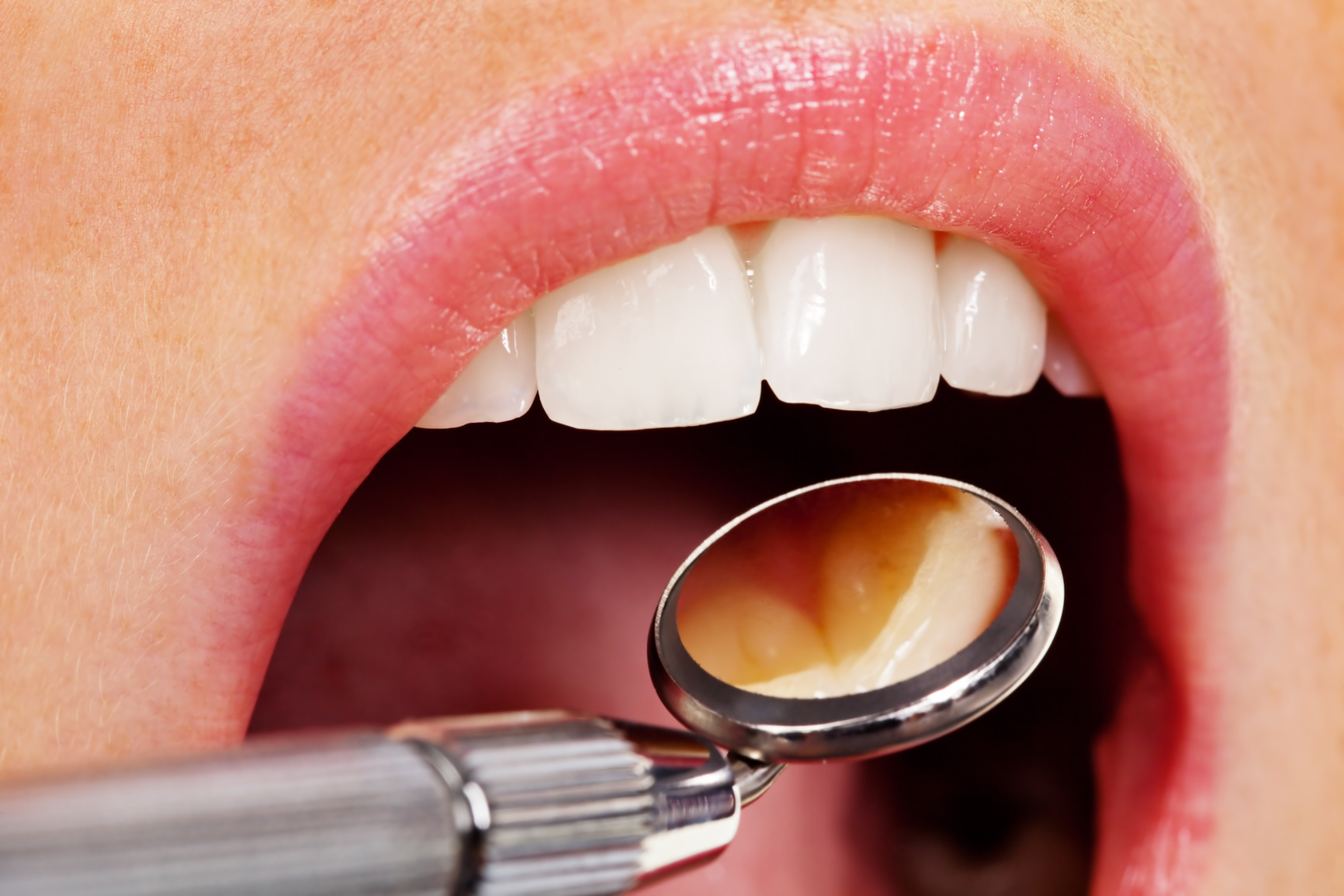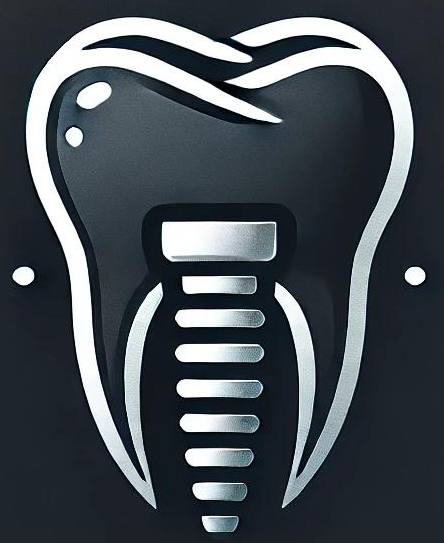
What Does Good Oral Hygiene Mean?
Is it flashing a bright, pearly-white smile? Having fresh breath? Or feeling that clean, squeaky sensation all around your teeth and tongue? All of these are important signs of good oral health — and they’re often the first things people notice about you. But truly keeping your teeth, gums, and mouth clean throughout the day (and between professional dental visits) can be challenging.
Request an AppointmentMore Than Just a Smile
Oral hygiene is about more than appearance. For example, tooth decay remains the most common chronic disease in childhood, affecting two-thirds of U.S. kids aged 12-19. It’s five times more common than asthma and seven times more common than hay fever — yet it is almost entirely preventable.
Other oral diseases, like periodontitis (gum disease), if untreated, can cause tooth loss and may contribute to inflammation throughout the body.
In fact, the health of your mouth often reflects the health of your whole body. Many diseases show symptoms in the mouth, and oral problems can affect your overall well-being and quality of life. This makes maintaining good oral hygiene essential.
Keeping Up Your Oral Health
Regular dental visits are crucial to maintaining oral health. Dentists can detect problems early, assess your overall oral condition, and recommend preventive care. Between visits, daily oral hygiene is your best defense. Your routine should include:
- Brushing and Flossing: Brush at least twice daily and floss once a day to remove plaque—a sticky biofilm of bacteria that produces acids causing tooth decay and gum disease.
- Fluoride Use: Fluoride strengthens enamel and helps prevent decay for children and adults alike. Use fluoride toothpaste even if your water is fluoridated. Additional fluoride treatments may be applied professionally.
- Limit Sugary Snacks: Frequent snacking on sugary foods feeds decay-causing bacteria and keeps acid attacking your teeth. Save treats for mealtimes to give your mouth a break.
- Therapeutic Mouthrinses: These rinses contain antibacterial and cavity-fighting agents that improve oral hygiene beyond brushing and flossing alone. They’re especially helpful if you have higher risk factors.
- Quit Tobacco: Tobacco greatly increases risks for oral cancer, gum disease, and tooth decay, as well as serious systemic diseases. Seek help to quit if needed.
- Regular Self-Examination: Get familiar with your mouth so you can spot changes like chipped teeth, swollen gums, or unusual sores. Early detection means better treatment outcomes.
The Goal
Modern dentistry aims to help you keep your teeth and gums healthy for life. By committing to a thorough and consistent oral hygiene routine, you maximize your chances of achieving this important goal.
